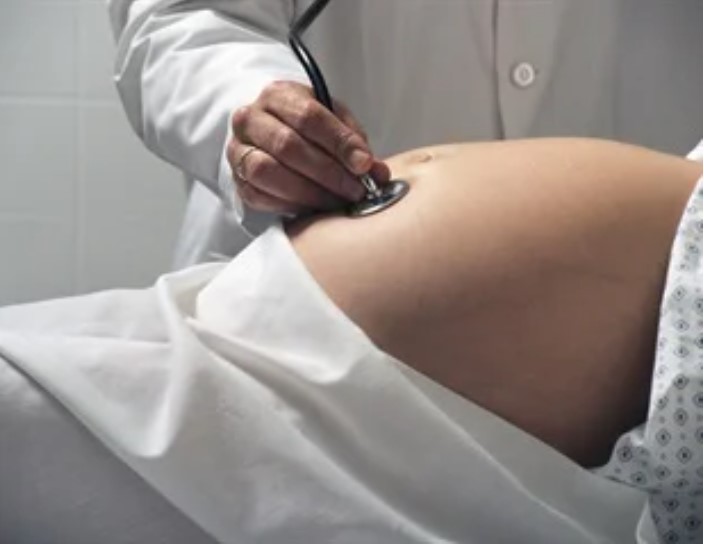New Study Uncovers Surprising Findings: Pre-term and Low Birthweight Infants Show Fewer Childhood Fractures, Challenging Previous Assumptions

In a perplexing twist, a recent study conducted by the University of Eastern Finland and Kuopio University Hospital has revealed that pre-term and low birthweight infants experience fewer fractures during childhood compared to their full-term and normal birthweight counterparts. The cohort study, utilizing nationwide registers and data from Statistics Finland, analyzed information from an astounding one million children, including nearly 100,000 fracture cases.
While children born very pre-term or with extremely low birthweight are commonly believed to be at risk of metabolic bone disease, caused by mineral accumulation in the later stages of pregnancy, earlier small-scale studies hinted at an elevated fracture risk among pre-term children. Additionally, a previous Finnish study even discovered that pre-term infants maintain lower bone mineral density into adulthood.
Driven by these intriguing insights, Ilari Kuitunen, an Adjunct Professor at the University of Eastern Finland, explained their research objective: “With this in mind, we set out to examine whether pre-term and low birthweight babies have an increased risk of fractures in their childhood when compared to full-term and normal birthweight babies.”
The results astounded the researchers, as they found that pre-term and low birthweight infants actually exhibited significantly fewer fractures during childhood compared to their peers. The disparity was particularly pronounced in children born before the 32nd week of pregnancy, who displayed a staggering 23% decrease in fracture incidence compared to full-term births. Moreover, the study observed a lower fracture rate among infants weighing less than 2,500 g at birth, with an even more substantial reduction in those weighing less than 1,000 g.
“It can be concluded that the risk of fractures in childhood is explained by factors other than the effect of being pre-term on bones. However, we know that pre-term children are less likely to participate in sports, and they have less risk-taking behavior even as adults than full-term children,” Kuitunen elucidated, offering potential explanations for the unexpected findings.
The researchers emphasize the need for further investigation into whether fetal growth disorders, characterized by abnormal growth in relation to gestational weeks, are associated with early childhood fractures—an aspect that remained unaddressed in the present study.
This groundbreaking study, published in the Journal of Bone and Mineral Research, not only challenges existing assumptions but also underscores the complexity of factors influencing childhood fracture risk. The research team, including Professor Reijo Sund and Adjunct Professor Ulla Sankilampi, calls for continued exploration in this domain to unravel the intricate interplay between birth conditions, bone health, and fracture susceptibility.


